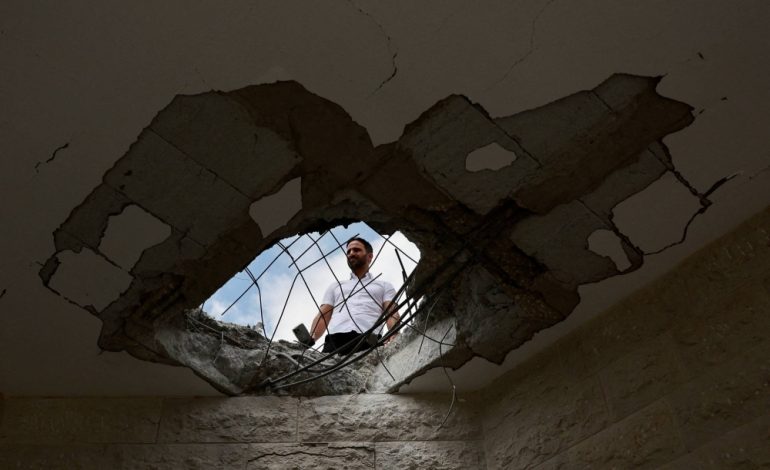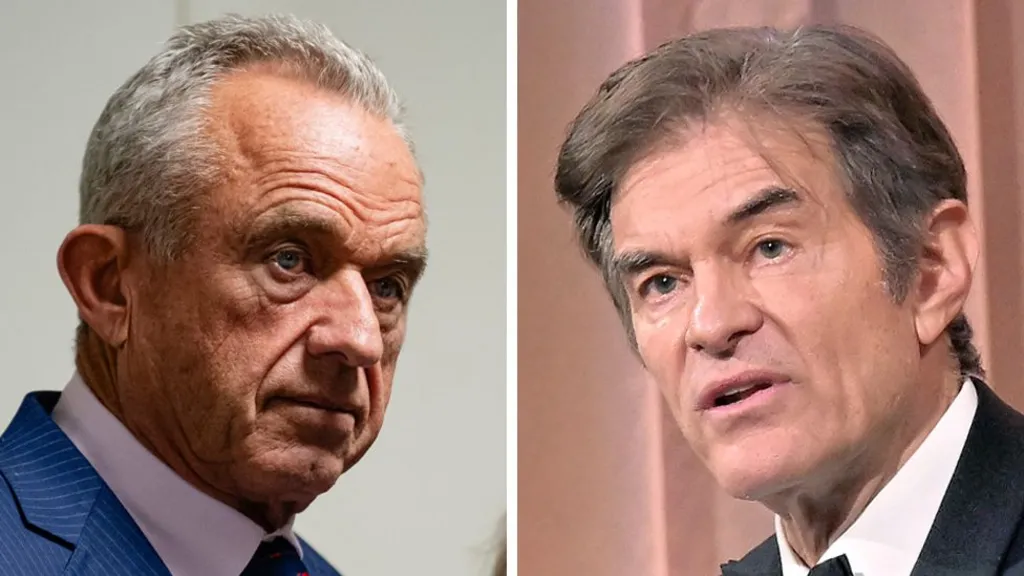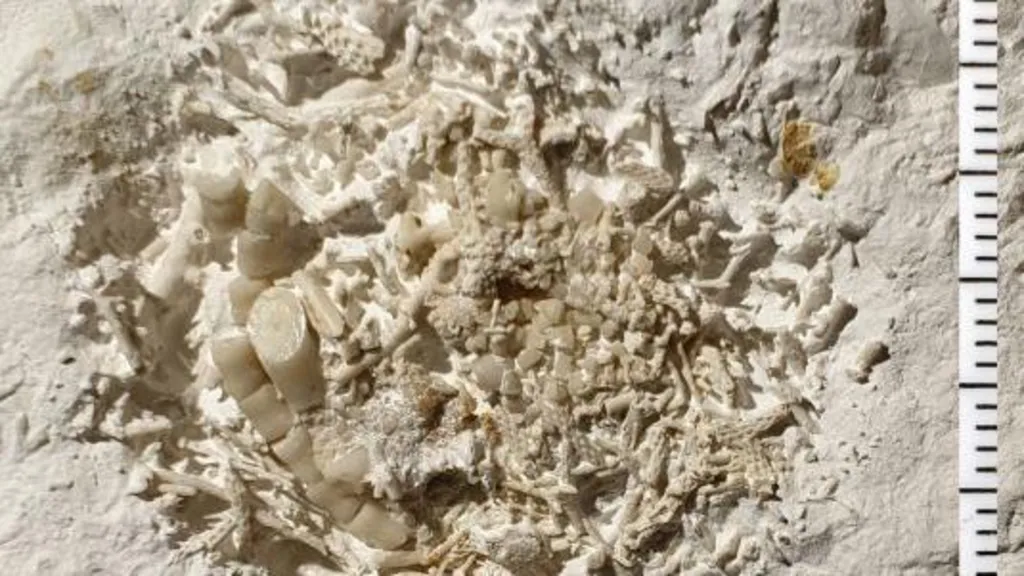Israel Says Situation on Lebanon Border ‘Not Sustainable’

Israeli officials and media voiced contentment over a long-anticipated missile attack by the Iranian-backed Hezbollah movement which seemed to be largely thwarted by preemptive Israeli strikes in southern Lebanon, Reuters reports.
The exchange came in retaliation for the killing of a senior Hezbollah commander in Beirut last month.
Both Hezbollah and Israel appeared to agree to leave Sunday’s attack as a settled matter for the time being. Israeli government spokesperson David Mencer stated that while Hezbollah suffered a “crushing blow” from the Israeli strikes, a more enduring solution to the ongoing tensions is still necessary.
“The current situation is not sustainable,” Mencer said during a briefing, referring to the tens of thousands of residents evacuated from their homes in northern Israel, a situation echoed on the southern Lebanese border. “Israel will do its duty and return its population to our sovereign territory.”
The hopes of children returning to school for the new academic year in September have dimmed, prompting extended financial assistance for displaced residents until September 30.
However, there is cautious optimism that the recent exchange of fire, which did not result in significant damage as many had feared, could aid discussions aimed at ending ongoing violence in the Gaza Strip and facilitating the return of Israeli and foreign hostages.
Palestinian militant group Hamas has stated it will not agree to a deal that allows Israeli troops to remain in the stretch of territory along the Gaza Strip’s border with Egypt. Yet, some analysts suggested that Sunday’s exchange might indicate that Hamas lacks sufficient support to escalate the conflict beyond Gaza.
“Maybe — just maybe — Israel’s success in thwarting Hezbollah’s retaliation might pave the way for concessions by Hamas in negotiations over a hostage deal, given the failed attempt to expand the war to engulf the entire region,” wrote Avi Issacharoff, a commentator for Israel’s largest daily newspaper, Yedioth Ahronoth.
Early Sunday, around 100 Israeli jets targeted over a dozen Hezbollah launch sites in southern Lebanon, destroying thousands of rockets that the military claimed were aimed at Israel. While Hezbollah did launch hundreds of missiles, most were intercepted by Israeli defenses or landed in uninhabited areas.
Fire exchanges continued on Monday but were comparatively muted. Israel reported striking a Hezbollah military structure in southern Lebanon and intercepting several suspicious aerial targets that crossed into its territory, resulting in no injuries.
Hezbollah denied that its response to the killing of commander Fuad Shukr had been neutralized, asserting that the operation had been completed successfully. This statement has drawn hope that a temporary resolution has been achieved regarding the recent tensions.
Iran, which has vowed to retaliate against Israel for the assassination of Hamas political leader Ismail Haniyeh in Tehran last month, also voiced reluctance to escalating regional tensions.








